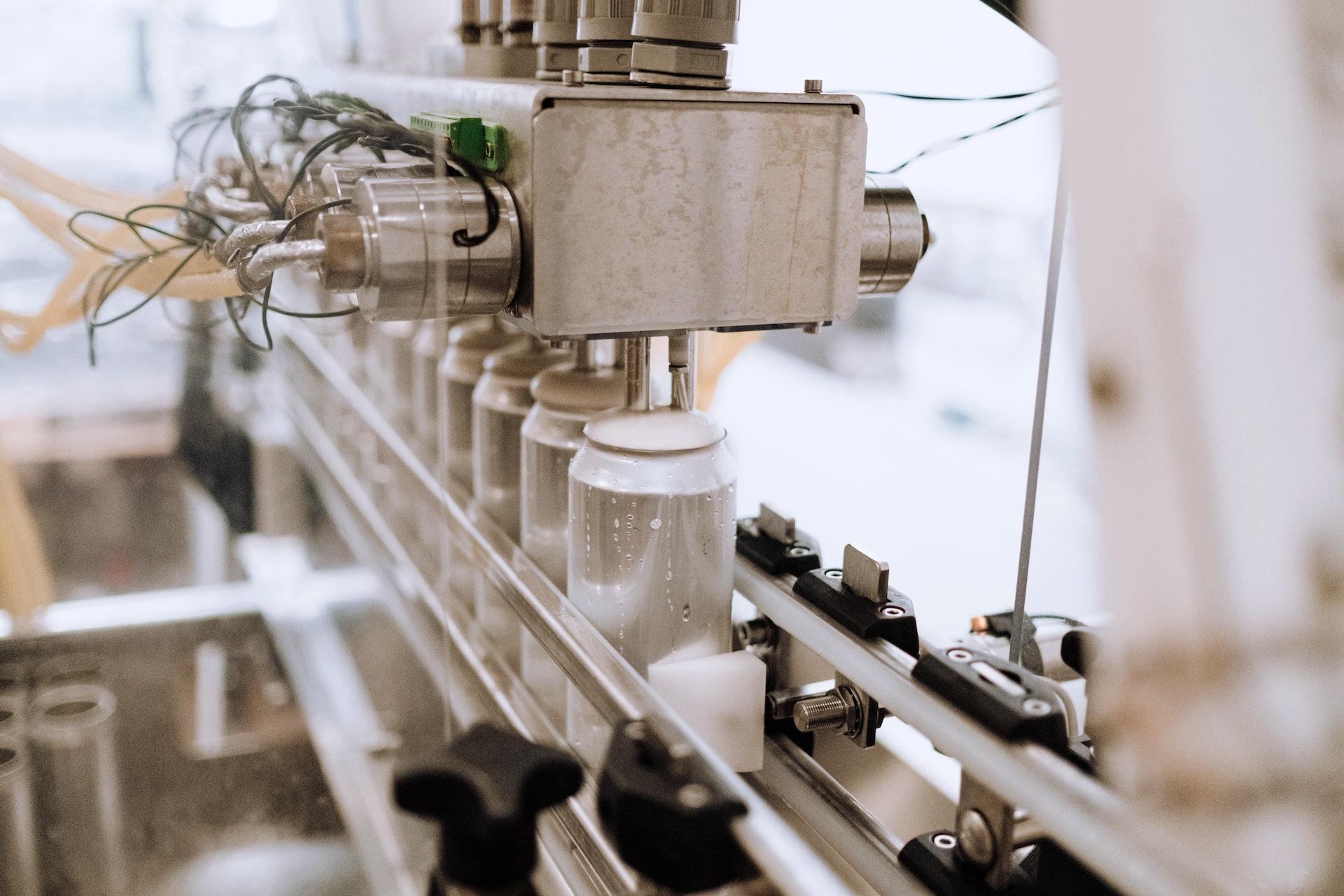 In a guest post, Robert Fell, chief executive of the Metal Packaging Manufacturers’ Association (MPMA) shares his view on what industry needs from government and regulators right now.
The MPMA represents the vast majority of businesses in the UK that make metal packaging; everything from paint tins to soup cans. As a trade body, we are here for every size of business, from large multinationals to SMEs. Despite the diversity of businesses we represent, they all face the same challenges – and policy changes could go a long way to solving some of the biggest problems. Here are three policy changes that would drastically improve the situation for our members.
In a guest post, Robert Fell, chief executive of the Metal Packaging Manufacturers’ Association (MPMA) shares his view on what industry needs from government and regulators right now.
The MPMA represents the vast majority of businesses in the UK that make metal packaging; everything from paint tins to soup cans. As a trade body, we are here for every size of business, from large multinationals to SMEs. Despite the diversity of businesses we represent, they all face the same challenges – and policy changes could go a long way to solving some of the biggest problems. Here are three policy changes that would drastically improve the situation for our members.
1. Help to smoothe energy price spikes
We all know that the energy crisis has pushed up global wholesale prices. But most people outside industry don’t realise what a stark difference there is between the energy prices manufacturers are paying here and what they pay in mainland Europe. The energy costs for British industry are on a completely different scale to those of their competitors in, say, Germany. The huge difference in costs is down to government policy. Here in the UK, many businesses have their energy contracts renew in October for historical reasons. So many businesses were forced to seek a new contract in the middle of a price spike, and agreed terms based on where prices were at the time. Businesses coming out of a two-year fixed contract in October 2022 were likely to find that their new contract charged them five times as much for their energy.Wholesale prices have now dropped, but these businesses are still locked into paying over the odds for their energy. The Energy Bill Relief Scheme provided very welcome help by subsidising a lower baseline price, but it doesn’t solve the underlying problem with the way these contracts are structured. It would help greatly if suppliers could offer a “blend and spread” option where contract pricing reflects longer-term energy price trends rather than being fixed at one artificial point. Even better would be a recessing of baselines to avoid the highest peaks. There is an argument to say that these are commercial contracts and governments shouldn’t interfere – but we are in a unique situation. The choice for the UK government might be as stark as deciding whether to step in or watch UK industry go out of business.Government may face a stark choice: step in or watch UK industry go out of business
2. Power up the EBDS for parity with Europe
The Energy Bill Relief Scheme (EBRS) is now coming to an end, to be replaced with the Energy Bills Discount Scheme (EBDS). This represents a dramatic scaling back of support for businesses. Instead of effectively capping prices as the EBRS did, the EBDS instead offers a maximum discount on costs, and the overall cost of the scheme is capped at £5.5bn. MPMA members come into the category of Energy and Trade Intensive Industries (ETIIs), which means we get a higher level of support. But it’s still not enough to prevent struggling businesses from going to the wall. If every business in Europe were facing the same challenges, that would be one thing. But UK industry is paying considerably more for its energy costs than industry in mainland Europe. At a time of obscene energy company profits, government should not stand by and watch UK industry lose out because of energy costs.3. Make green energy a target under the Climate Change Agreements scheme
Many MPMA members are part of the voluntary Climate Change Agreement (CCA) scheme, which allows them to set and achieve carbon reduction targets, in return for a discount on the Climate Change Levy [an environmental tax added to company electricity and fuel bills]. MPMA members have been part of the scheme since it started in 2001, and I’m proud to say our members have hit their targets every time. This means that for over a decade, MPMA members have achieved provable reductions in their emissions. But in 2019, we were faced with a new target: net zero. You would think that both targets were complementary, but there’s a big problem: the CCA doesn’t reward green energy investment. If a factory installs a solar panel array on the roof, that’s a big win for their net zero goals. But it counts for nothing under the CCA, because the focus there is purely on reducing consumption rather than moving to greener energy sources. This makes green energy investment less attractive because it means splitting your budget, which is already squeezed. But you can’t get to net zero just by reducing energy consumption. You have to convert to renewable sources too.You can only spend the same pound once, so why not have smart targets to help industry do both? There is a simple way to fix this. Change the wording of the CCA target from “energy efficiency” to “hydrocarbon energy efficiency”. This would acknowledge that investment in renewables is a way to reduce emissions. Adding just one word would reframe the focus of the legislation to be fit for purpose. Metal packaging is so much a part of everyday life that most of us take it for granted. But our industry, as well as manufacturing essential items, is a key part of the UK economy. We are a robust industry that has weathered many storms in the past, but we are currently facing an unprecedented perfect storm of economic challenges. The MPMA needs government to listen and take steps to support our members – or many of them may not be here this time next year.Adding just one word could reframe the legislation to be fit for purpose
If the content of this or any of our articles has interested you, please get in touch for a no-obligation chat with our industry-leading experts at Sustainable Energy First.















